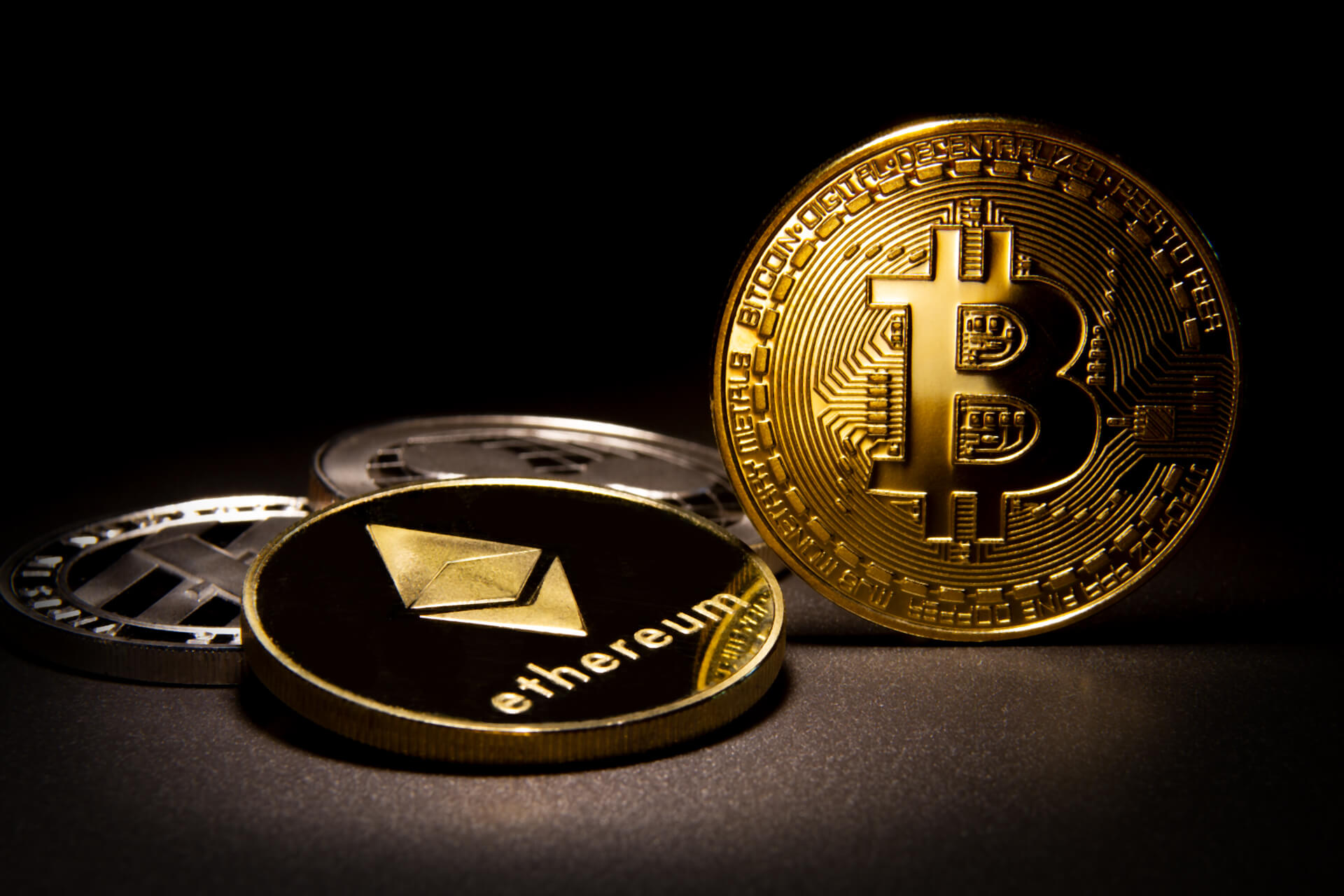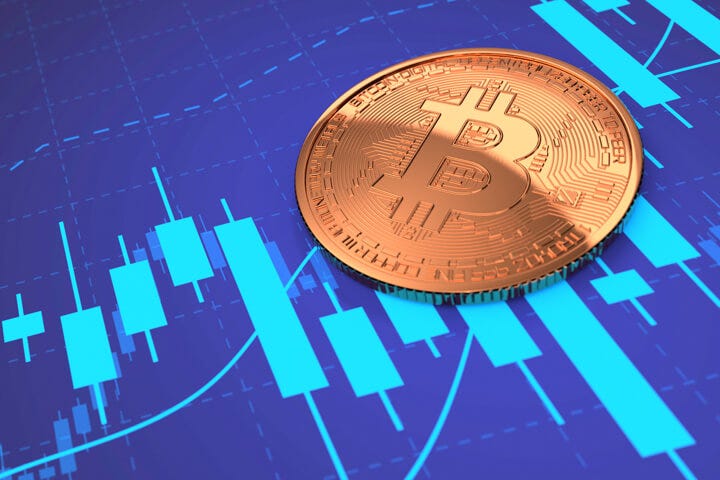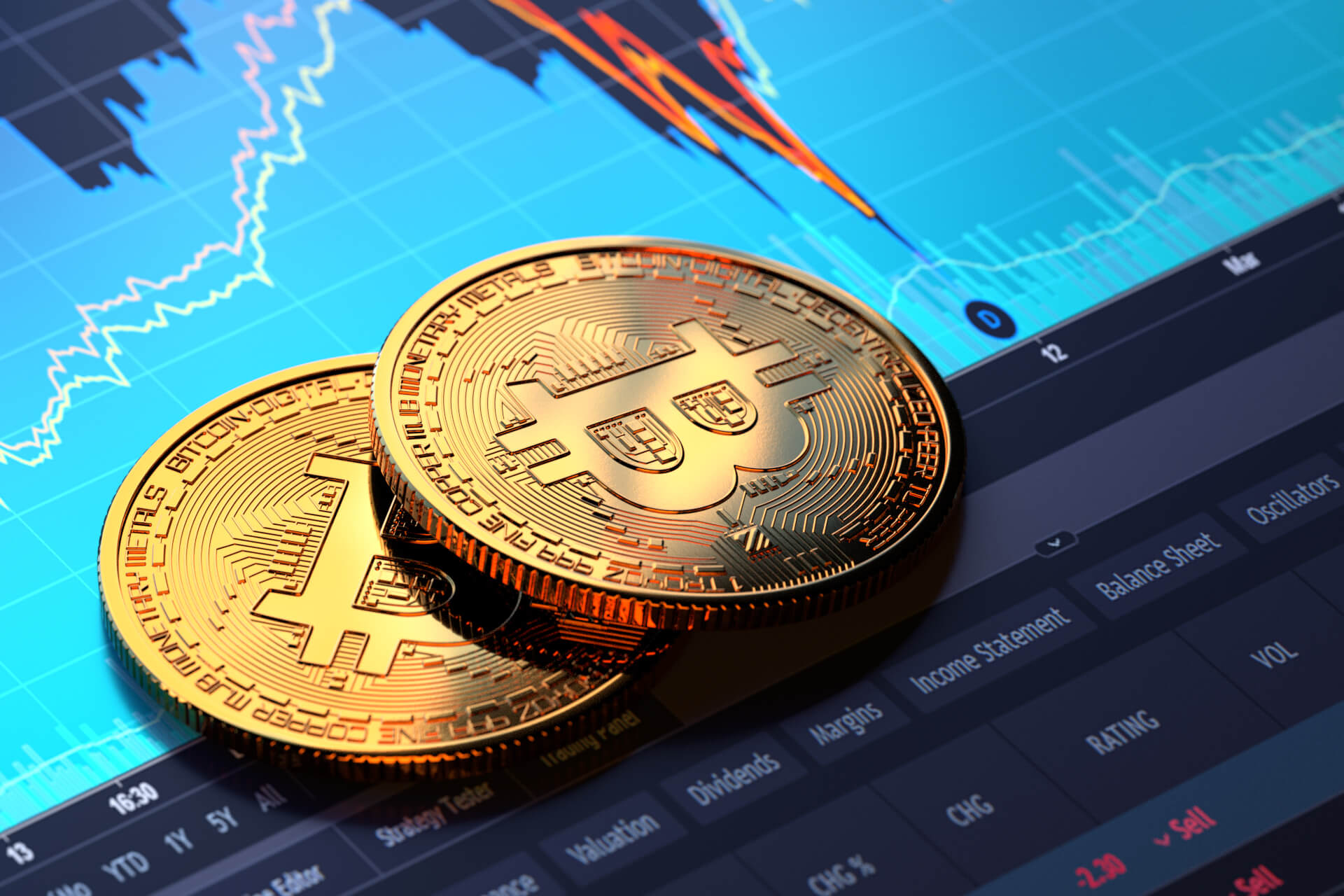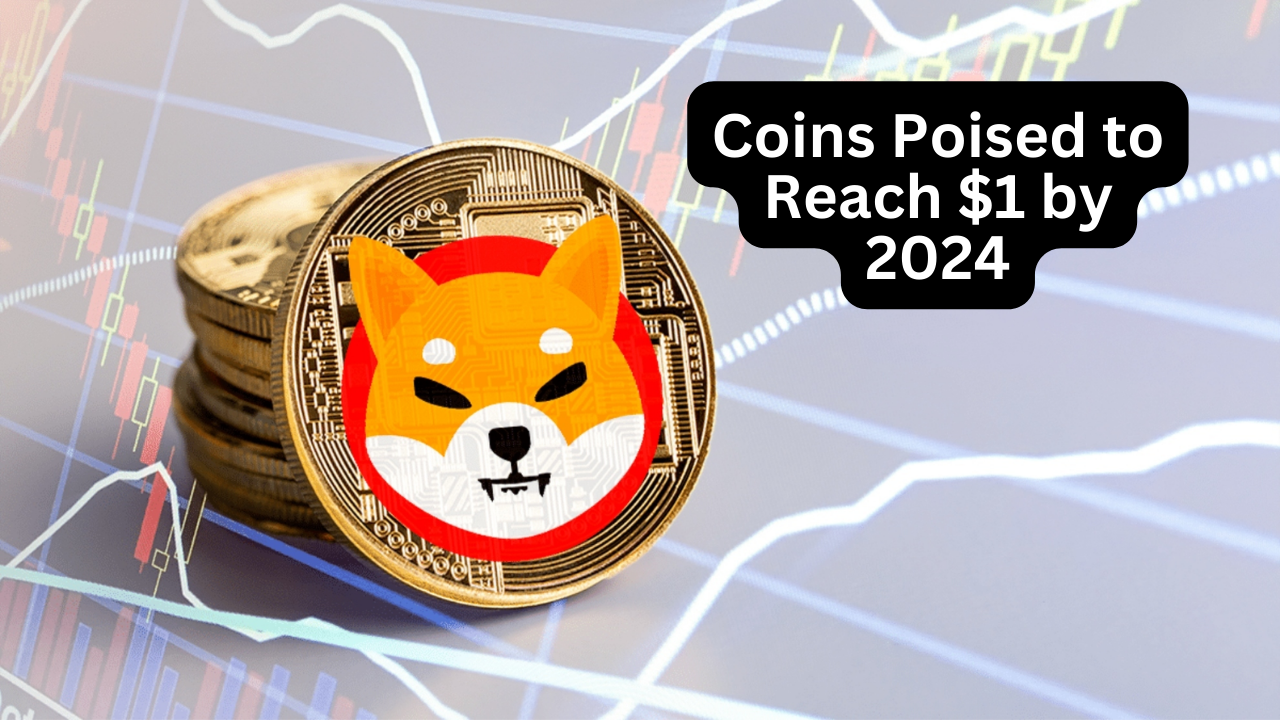The rapid growth of cryptocurrency has captured the attention of investors worldwide, offering a new frontier in the financial sector that promises high returns but also presents significant risks. As digital currencies like Bitcoin, Ethereum, and others have become more mainstream, the question of safety in crypto trading has become increasingly relevant. Understanding the security of your investments and the risks involved in trading cryptocurrencies is essential before diving into this volatile market.
What is Crypto Trading?
Crypto trading involves buying and selling cryptocurrencies in the hope of making a profit. This can be done through various methods such as spot trading, where cryptocurrencies are exchanged for immediate delivery, or derivatives trading, such as futures and options, which are based on the future value of the underlying crypto assets. Each method carries its own set of risks and rewards, making it crucial for traders to understand their options thoroughly.
Understanding the Risks of Crypto Trading
The primary allure of crypto trading is the potential for significant returns, but this comes with high volatility. Prices can dramatically increase or decrease within a short period, influenced by factors like market demand, investor sentiment, and global economic events. Additionally, the crypto market operates 24/7, adding to the potential for rapid changes. Regulatory uncertainty is another significant risk, as governments around the world are still figuring out how to deal with cryptocurrencies, leading to potential legal issues for traders. Moreover, the decentralized nature of cryptocurrencies makes them a prime target for fraud and security breaches.
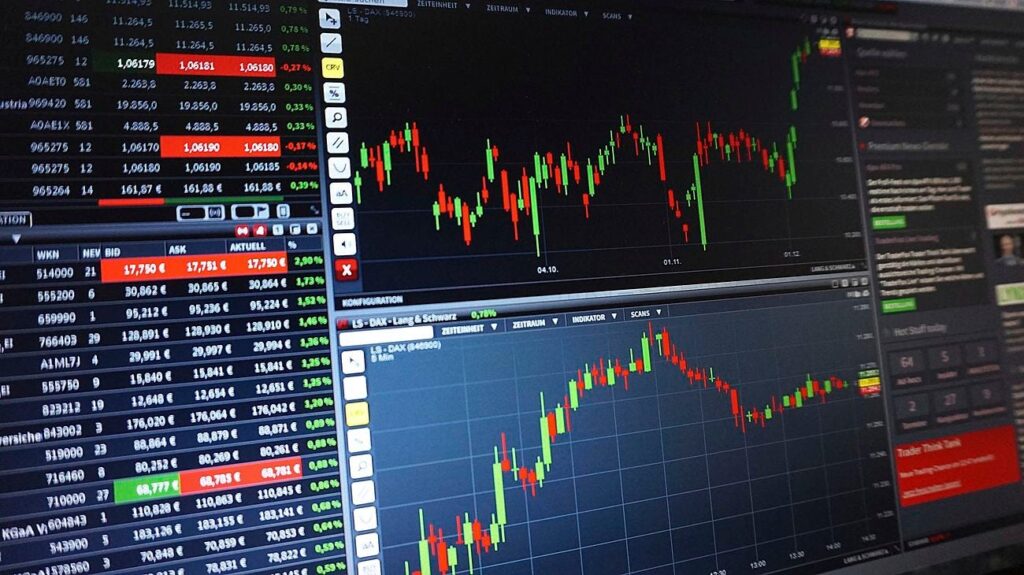
How Safe is Your Investment in Crypto?
When trading cryptocurrencies, the safety of your investment largely depends on the security measures taken by exchanges and the precautions you take in managing your digital wallets. Cryptocurrency exchanges are the platforms where trading occurs, and their security protocols are crucial in protecting your assets. Digital wallets, where cryptocurrencies are stored, also play a critical role. Ensuring you have a secure wallet, understanding the importance of private keys, and using strong, unique passwords are all essential for protecting your investment.
Security Measures for Safe Crypto Trading
To enhance the safety of crypto trading, employing robust security measures is crucial. This includes using two-factor authentication (2FA) for all transactions, investing in hardware wallets for storing cryptocurrencies offline, and regularly updating software to protect against malware and hacking attempts. Additionally, backing up your wallet and keeping multiple copies in secure locations can safeguard against physical and digital threats.
The Role of Regulations in Crypto Trading
Regulations play a pivotal role in enhancing the safety of crypto trading. While the regulatory landscape is still evolving, many countries have started to implement stricter regulations to prevent fraud and protect investors. Understanding the regulatory environment in your country and complying with legal requirements is essential for safe trading practices.
Common Scams and How to Avoid Them
Crypto scams are a significant risk in the trading world. Common scams include phishing attacks, where scammers trick you into giving them access to your wallet, and fake ICOs (Initial Coin Offerings) that steal investors’ money. Being aware of these scams and understanding how to identify red flags can help protect your investments.
The Future of Crypto Trading Safety
As technology advances, so do the measures to enhance the safety of crypto trading. Innovations such as better cryptographic techniques, enhanced security protocols for wallets and exchanges, and more comprehensive regulatory frameworks are expected to improve the safety of trading. However, staying informed and cautious is always crucial, as the landscape of crypto trading is continuously evolving.
Expert Advice and Best Practices
Industry experts recommend that all traders, especially beginners, should start with small investments and diversify their portfolios to mitigate risks. Staying informed through reputable sources and continuously learning about new security measures and trading strategies can also enhance your trading safety.
Conclusion
While crypto trading offers exciting opportunities for profit, it also comes with significant risks. Understanding these risks and taking appropriate security measures can help make your trading experience safer. However, like any investment, there is no guarantee of safety, and continuous vigilance is required.
FAQs?
What are the safest platforms for crypto trading?
The safest crypto trading platforms are those that offer robust security features, such as two-factor authentication, cold storage for the majority of customer funds, insurance policies, and user education programs. Well-known platforms like Coinbase, Binance, and Kraken have established strong reputations for security. However, it’s crucial to conduct your own research and read reviews from other users before deciding which platform to use.
How do I secure my crypto assets?
To secure your crypto assets, you should:
- Use hardware wallets for storing your cryptocurrencies, as these keep your private keys offline and out of reach from online threats.
- Enable two-factor authentication on all accounts related to your crypto transactions.
- Regularly update and back up your wallet.
- Never share your private keys or seed phrases with anyone.
- Be cautious of phishing attempts by verifying all communication and using known URLs directly.
Is crypto trading more risky than stock trading?
Crypto trading is generally considered riskier than stock trading due to its high volatility, less regulatory oversight, and the nascent nature of the technology and market. Cryptocurrencies can experience large price swings within very short periods, making them unpredictable compared to traditional stocks. Additionally, the crypto market’s 24/7 nature allows for constant trading, which can both pose a risk and provide opportunities.
Can government regulations make crypto trading safer?
Yes, government regulations can make crypto trading safer by enforcing standards that protect investors from fraud and ensuring that crypto exchanges operate with transparency and security. Regulations can help stabilize the market by reducing scams and improving the credibility of legitimate exchanges. However, overly restrictive regulations might also stifle innovation and limit the accessibility of cryptocurrencies.
What should I do if I suspect a crypto scam?
If you suspect a crypto scam, you should:
- Stop all communications with the suspect party.
- Report the scam to your crypto exchange and any relevant financial authorities.
- Share information about the scam with the crypto community to prevent others from falling victim.
- Consider consulting legal advice if significant assets are involved.
- Keep all evidence of the scam, such as emails, wallet addresses, and transaction IDs, which could be helpful for investigations.

